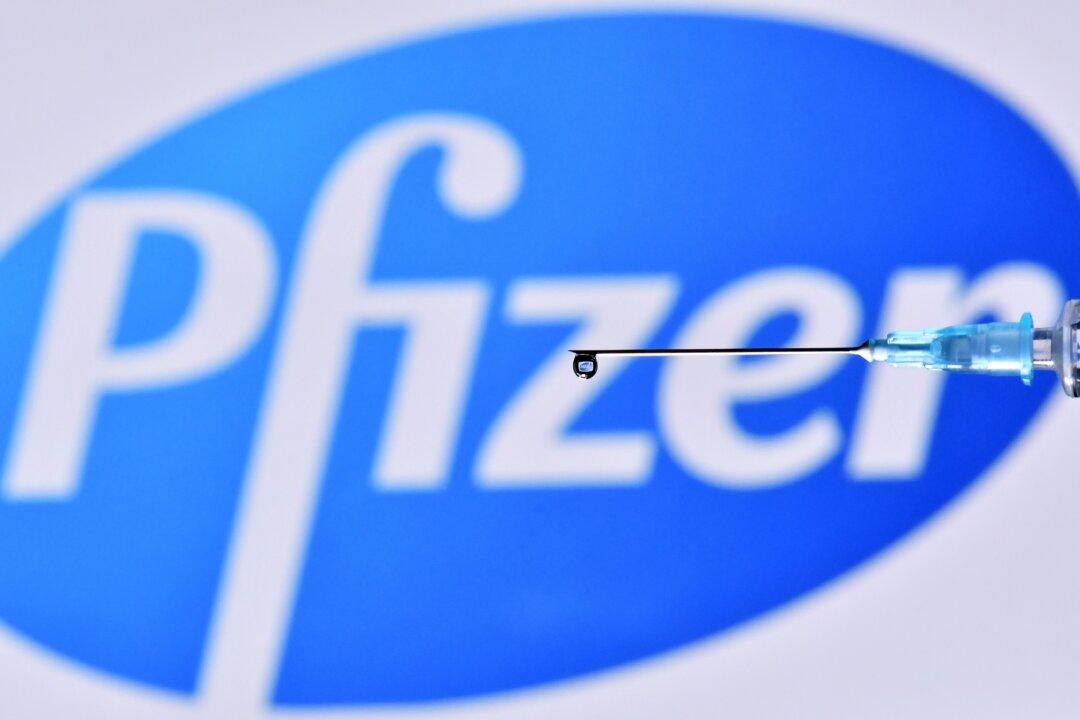People will be offered workplace check-ups to assess their risk of developing cardiovascular disease through the expansion of an NHS scheme designed to save money and boost the economy.
Around 130,000 employees in England will be eligible for the pilot workplace screening, while plans for a digital version of the NHS health checks have also been announced to widen the scheme.
Workers will provide personal information that will be used to determine their risk of developing cardiovascular disease, which can lead to heart attacks and strokes.
Cardiovascular illness is one of the main causes of death and disability in the UK, but is largely preventable by leading a healthy lifestyle, according to the NHS.
‘Preventable Causes’
Health minister Andrew Gwynne said in a statement: “We know so many deadly diseases can be avoided if we seek help in enough time.“That’s why we’re working to improve access to treatment while also taking steps to address the preventable causes of cardiovascular disease.
“This innovative new programme is an important step towards community-focused healthcare and supporting economic productivity through improving health, shifting the focus from treatment to prevention, easing the strain on the NHS and helping people to live well for longer.”
The NHS Health Check programme was introduced in 2009 and is offered to people between the ages of 40 and 79 every five years, but is being rolled out to workplaces in a bid to increase uptake, which is particularly low in men.
A new digital platform will allow people to provide information from their home, with the results automatically written back into their GP’s electronic health record.
Trialing the digital programme will begin in 2025, with councils in Norfolk, Kent, and London signed up.
It is estimated the digital initiative will deliver a million checks in its first four years, with plans under way to roll it out nationally, alongside physical checks.
Louise Gittins, chairwoman of the Local Government Association, said in the NHS statement: “Health checks can save lives. They can prevent people from developing largely preventable diseases, such as heart disease, cancer, Type 2 diabetes and liver disease.
Questions Over Cardiovascular Deaths and Vaccines
In April, the cause of the ongoing high rate of excess deaths since 2021 was debated in the House of Commons following repeated concerns raised by former MP Andrew Bridgen that the COVID-19 vaccines were a driving factor.He called on the government to provide missing data that could establish a link between the COVID-19 vaccines and the surge in heart conditions in younger people since their rollout in 2021.
Lord Farmer said in April, “A considerable number of cardiologists, other medical practitioners, and scientists have raised concerns about a link, especially among younger people, amid a pervasive sense of a lack of transparency.”
He called on the government to publish data on cardiac-related deaths in the “ever vaccinated” and “never vaccinated” by age group for the years 2022 and 2023 to try and establish whether there was a link.
Ministers from the previous government and health officials have consistently pointed to the lingering effects of the COVID-19 illness and the delays in health care caused by lockdowns as driving factors in the excess rate of deaths and cardiovascular disease, along with soaring rates of obesity.







